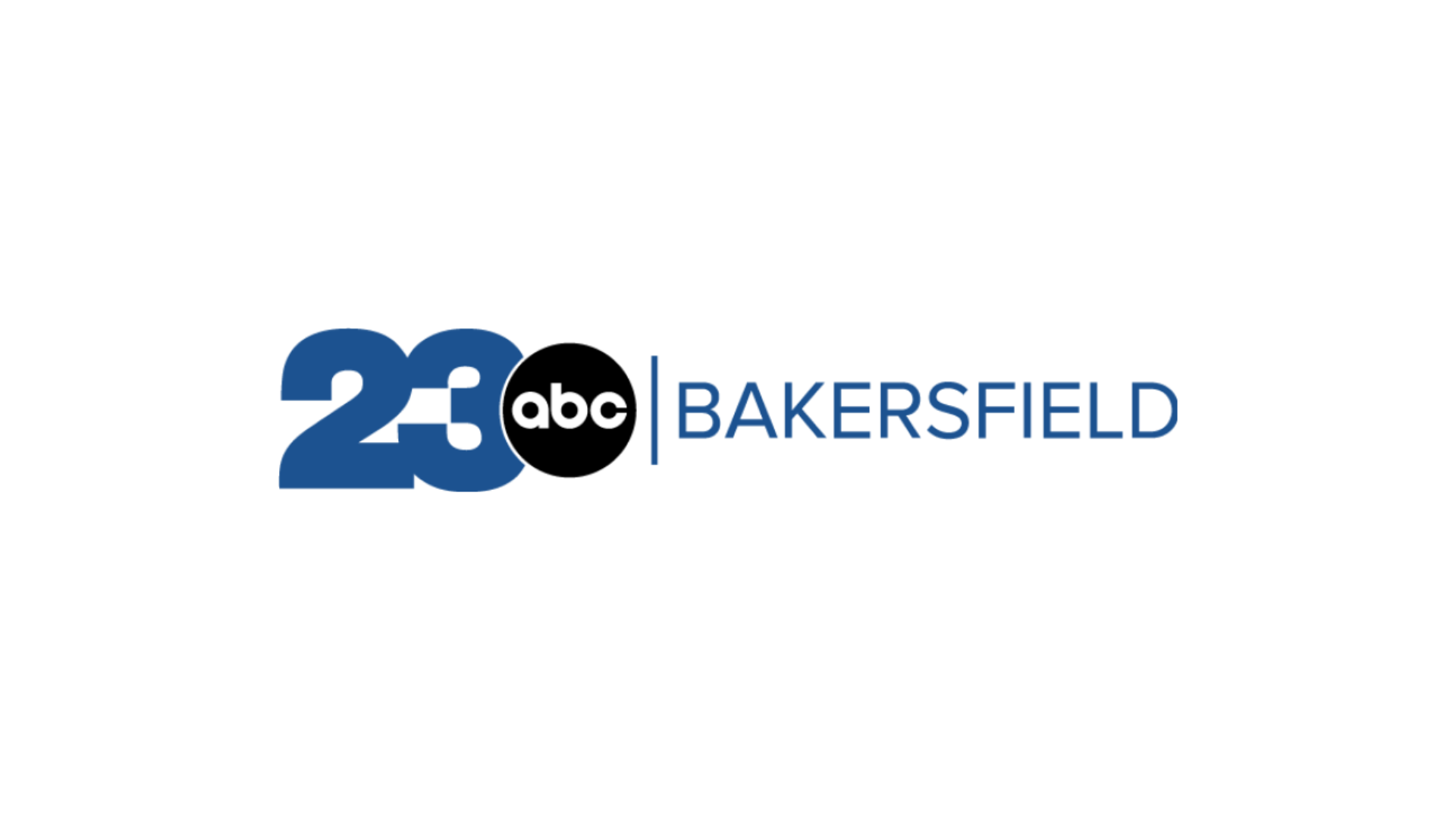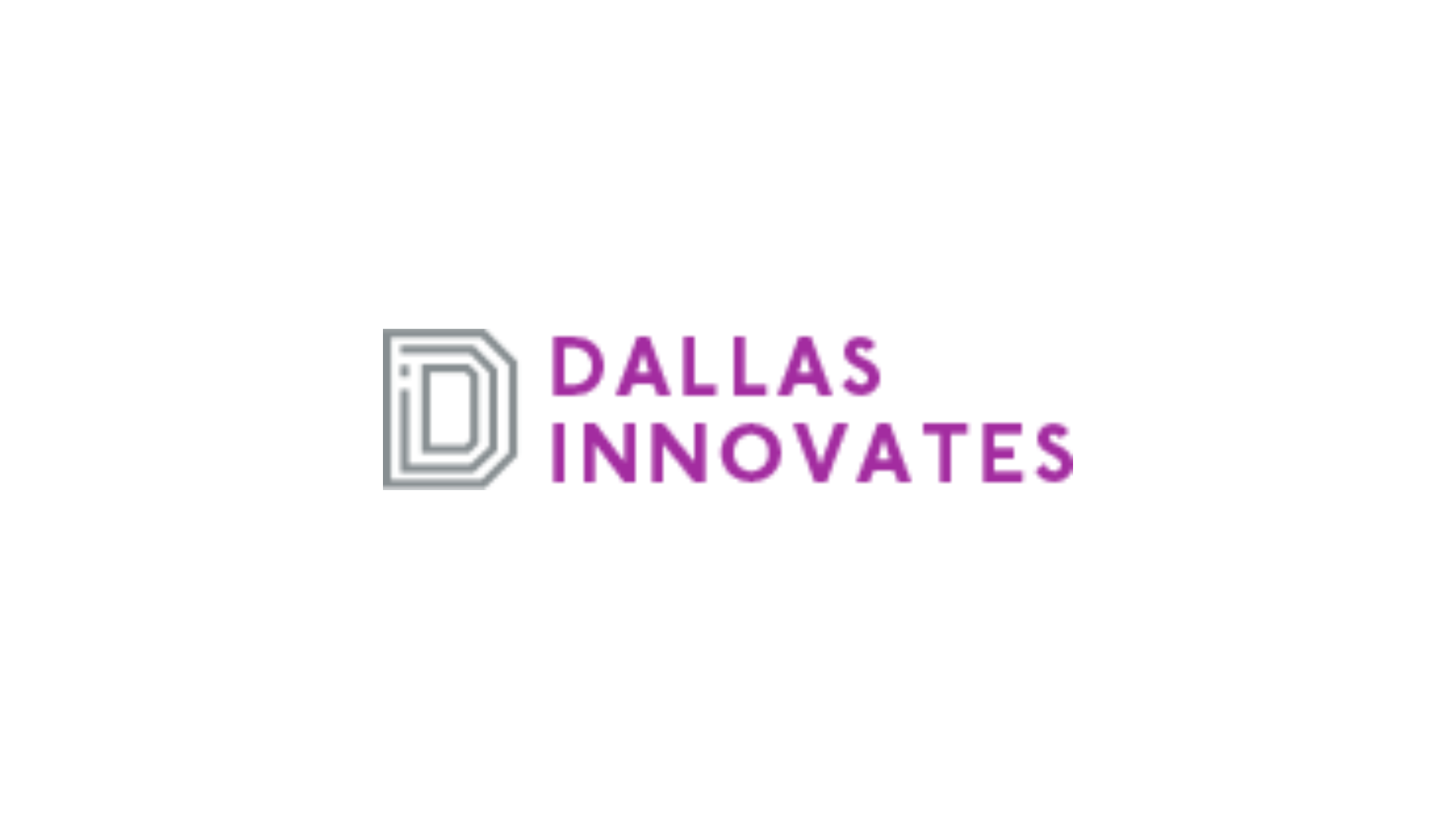
Orginially published on Tyler Morning Telegraph – February 3rd, 2024
As a teacher, I find myself witnessing the impact of the constant inflow of historical information and real-time updates our young people can access today. While I advocate for my students to be culturally aware and educated about what is going on around them, the sheer amount of truly distressing news available to them 24/7 weighs heavily on my heart.
As tech-savvy teens find themselves engulfed in the world of social media, their exposure to the endless discourse surrounding current events is concerning.
And the cause for alarm is real. According to Common Sense Media, tweens’ (8 to 12 years old) use of media rose faster in the two years since the pandemic than the four years prior. Further, their research found this age group spent an average of five and a half hours on screens and consuming media. Up to 95% of teens ages 13 to 17 use social media, with a third using it “almost constantly” according to a 2023 U.S. Surgeon General report.
One of the greatest challenges we face as educators and parents is guiding students through complex, stressful topics like environmental crises, hate crimes, war, and other news. In this digital era, information from various sources can overwhelm students.
Due to the amazing accessibility of the internet, all who feel inspired to have their voice heard can do so, and consequently, hold the power to change hearts and minds on whatever topic they choose. Because of this, I teach my students the key to responsible research is to think and read critically.
It is imperative you remind your child not everything they read or hear is true and teach them the difference between a fact and an opinion.
Emphasizing the importance of critical thinking and media literacy is essential. Teaching students to question information, fact-check, and seek diverse perspectives helps equip them with skills to differentiate credible sources from potentially misleading ones. This fosters a deeper understanding of world events and cultivates a sense of confidence when engaging in discourse surrounding the topic or event.
While I am forever an advocate for students using technology to empower them to do great things, having so much information available to them at all times can take a toll on their mental well-being. It’s essential to equip them with critical thinking skills and encourage open communication, empowering them to ask questions. Model healthy tech habits for students where possible, such as taking breaks from technology, spending time outside, exercising, or enjoying a relaxing activity.
In doing so, we can ensure that our students have a healthy support system as they navigate the emotional challenges often tied to global events.
— Alexis Minick is a high school English and Journalism Teacher at Texas Online Preparatory High School, a virtual high school with the goal of creating future-ready citizens.
To learn more about Texas Online Preparatory School, please visit https://tops.k12.com/.




